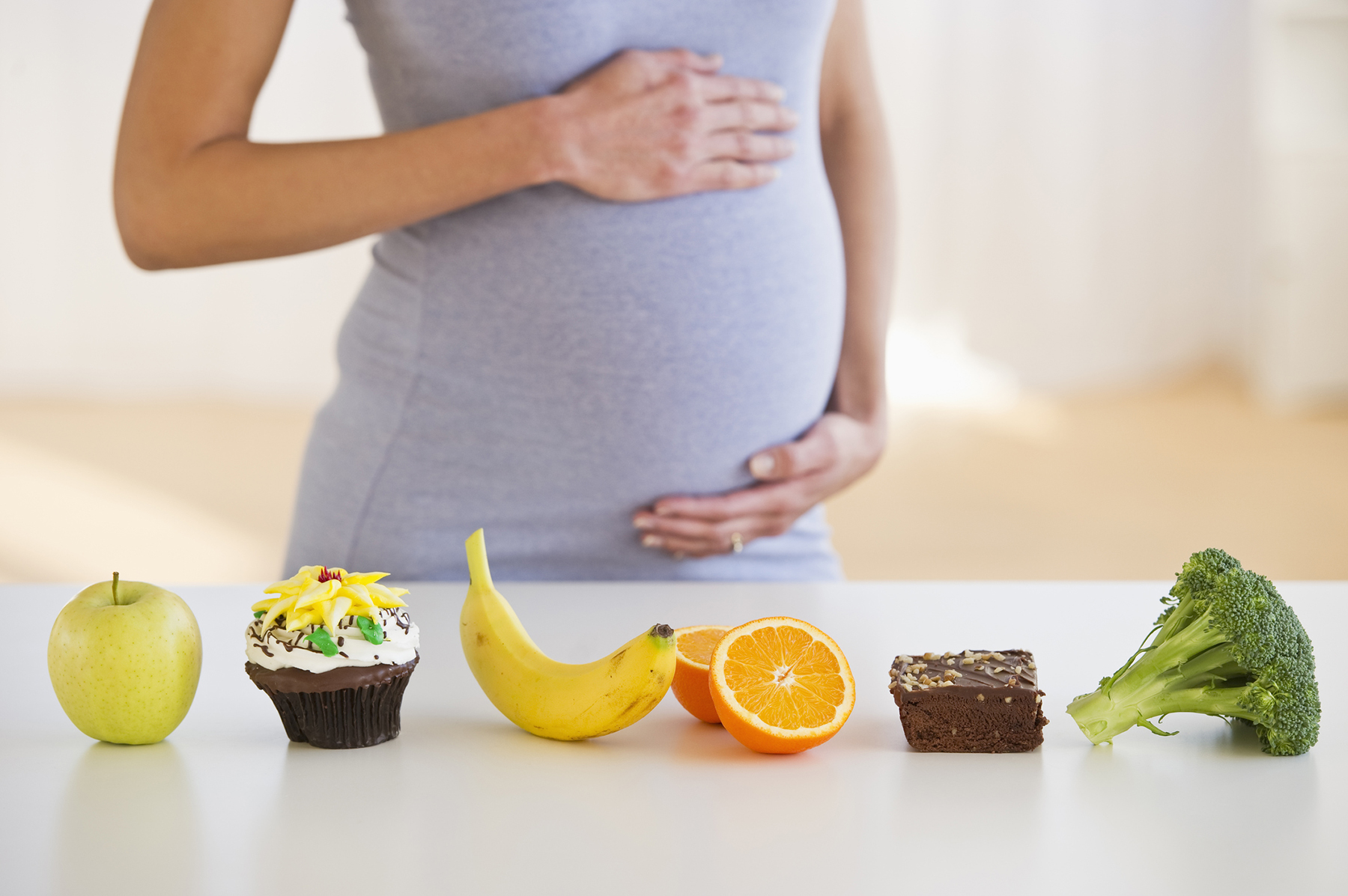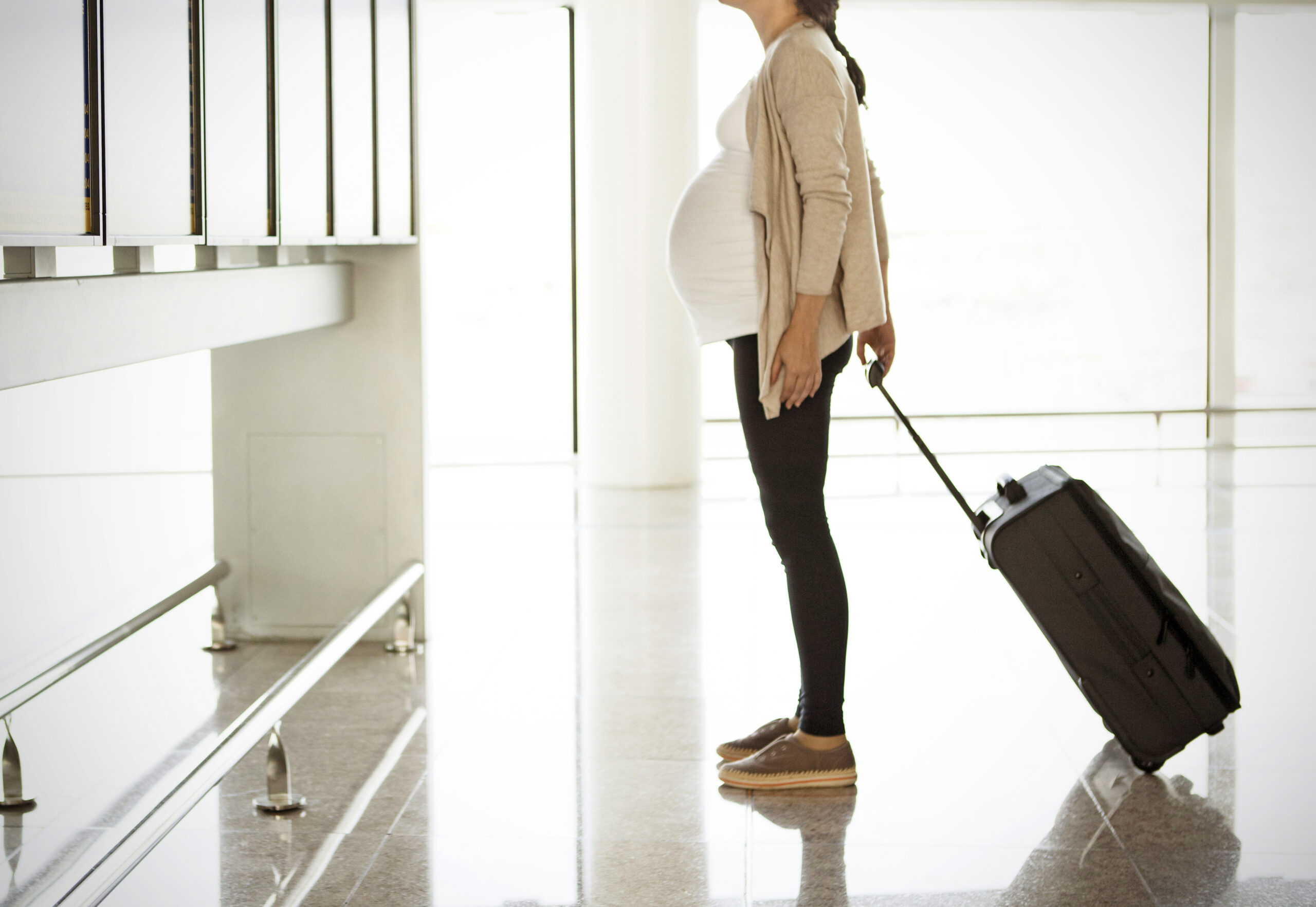Libby Matthews is a first-time mum-to-be, who along with sister Julia, has inspired Kiwis with the popular lifestyle blog, Julia & Libby. Over the next few months, Libby will share the highs and lows of her pregnancy with us here at the Weekly.
Pregnancy is an exciting time for many woman, but for some it can be a daunting time as there is now the pressure of having to care for two, yourself and the baby.
A woman’s body is quite literally building an entire human being during pregnancy, so it makes complete sense to eat quality sources of all the things that support and nourish the human body.
Practicing a healthy diet should be a priority during your pregnancy to ensure the proper growth of your baby and to reduce complications at birth. However, for many women that experience morning sickness, this is not the case.
Before I fell pregnant, I knew that when the day that came I found out I was having a baby I would spend my entire pregnancy sipping on green juices and eating only nourishing foods. But the first 20 weeks of my pregnancy were far from that.
Morning sickness meant I was living off plain crackers and toast with butter. My usual diet of salads and smoothies were long gone. The thought of eating a vegetable made me want to be sick and I couldn’t even stomach a pregnancy multi vitamin.
As a nutritionist, this was hard. I spend my time educating others on what they should and should not be eating and here I was lying in bed with a packet of crackers and a spew bucket next to me. I felt bad not only to myself, but also to my baby.
When my morning sickness began to wear off I got my appetite back and I finally felt like all the foods I previously ate before becoming pregnant. I am now 31 weeks pregnant and have been lucky enough to have no strange cravings.
Last week I moved to South Africa and due to the heat here (I feel like a walking oven), all I want is fresh fruit and cucumber. I’ve found that I have had to increase the amount of water I’m having each day as it’s easy to get dehydrated. And for the last two months, I have been using a multi-vitamin called InNatal by UltraCeuticals which is high in iron and can be used pre-conception, during pregnancy and while breast feeding.
I’m feeling really good during this trimester besides having a slight waddle going on.
Here are some of my top nutrition tips for pregnancy, which I began following when the morning sickness subsided, and I finally begin to feel right again.
Protein
Low blood sugar levels can make morning sickness and nausea worse, and the best way to regulate blood sugar levels is consuming more protein. Protein is a vital building block that your body uses to create skin, muscle, hair and bones which is why it is so important to be eating enough of it. During pregnancy, we need to be eating at least 80 grams of protein per day. Foods that are rich in protein are eggs, lean meat, fish, legumes and whole grains.
Why not try: If you are having trouble keeping down food, try having a protein shake with coconut water that will help hydrate your body. Other high protein snack ideas include hummus with crackers or raw veggies, Greek yogurt and berries, and peanut butter with apple.
Hydrate
Hydration is important during pregnancy and water requirements are higher than usual. We should be aiming to drink 2.5 litres of water per day to stay hydrated. Water helps to support the increase in blood plasma volume and produces breast milk. If you have water retention during pregnancy, drinking more water is going to decrease that and when we are well hydrated we feel fuller for longer and have less food cravings. Dehydration during pregnancy can cause a host of problems so it is so important that we are getting enough fluids.
Why not try: If you have gone off water, try adding cucumber or lemon to water or eat lots of fruit which has a high water content such as watermelon.
Fibre
One of the downfalls of pregnancy is constipation due to high progesterone levels and the digestive system getting squashed due to your growing baby. Fibre is going to help get the bowels moving which is going to ease any discomfort. There are two types of fibre, soluble and insoluble. Soluble fibre partially absorbs in water, releasing and absorbing sugar slowly and leaving you feeling full. Insoluble fibre does not dissolve in water. It helps to move bulk through the intestines.
Why not try: Foods that are high in soluble fibre are apples, blueberries, nuts and seeds, oats, strawberries and lentils. Foods that are high in insoluble fibre include brown rice, celery, cucumbers, carrots and tomatoes.
Fats
Many women have a big misconception about fat and try to cut it out from their diets. Eating good quality fats is vital to the baby’s organ and brain development. I found that my hair completely dried up so I have made a big effort to include more good quality fat in my diet and take an omega 3 fatty acid supplement.
Why not try: Foods that are high in fat include eggs, coconut oil, nut butters, nuts and seeds, avocado and fish.
Fruit and vegetables
Including more fruit and vegetables in your diet during pregnancy is a no brainer. Fruit and vegetables contain vitamins and minerals such as vitamin C and A and Folic acid that are key for fetal development.
Why not try: Snacking on vegetables such as carrots and celery with hummus and eating fresh fruit and yogurt is a delicious way to eat more fruit and veggies.
Enjoy the ride! Like I said earlier, there is so much information out there for new Mums and it can sometimes be overwhelming. Listen to your body, be gentle with yourself and try to enjoy this special time.
L x
If you have any questions about your diet or your health, always consult your LMC or GP.



